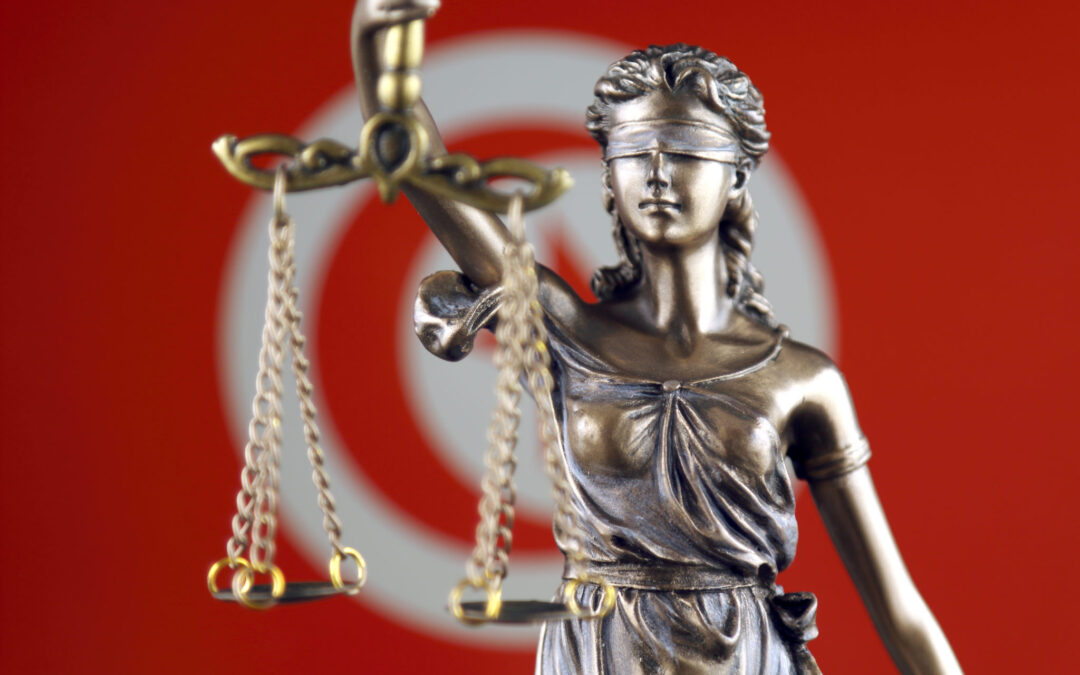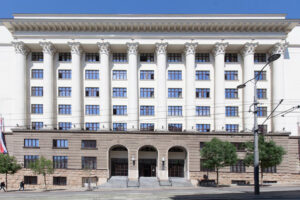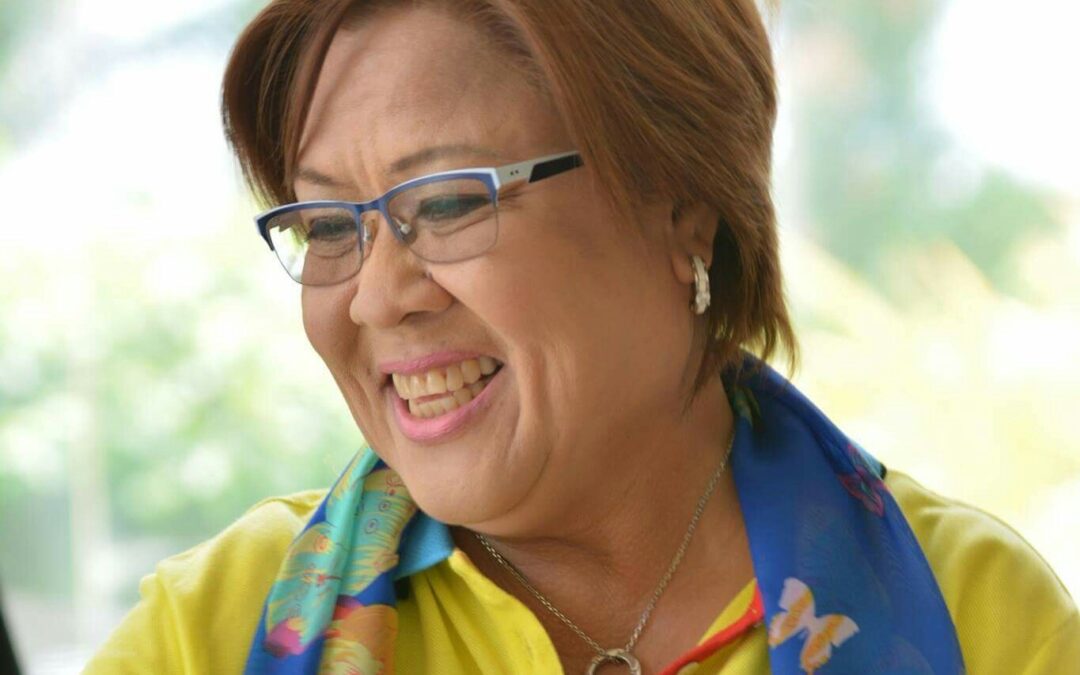

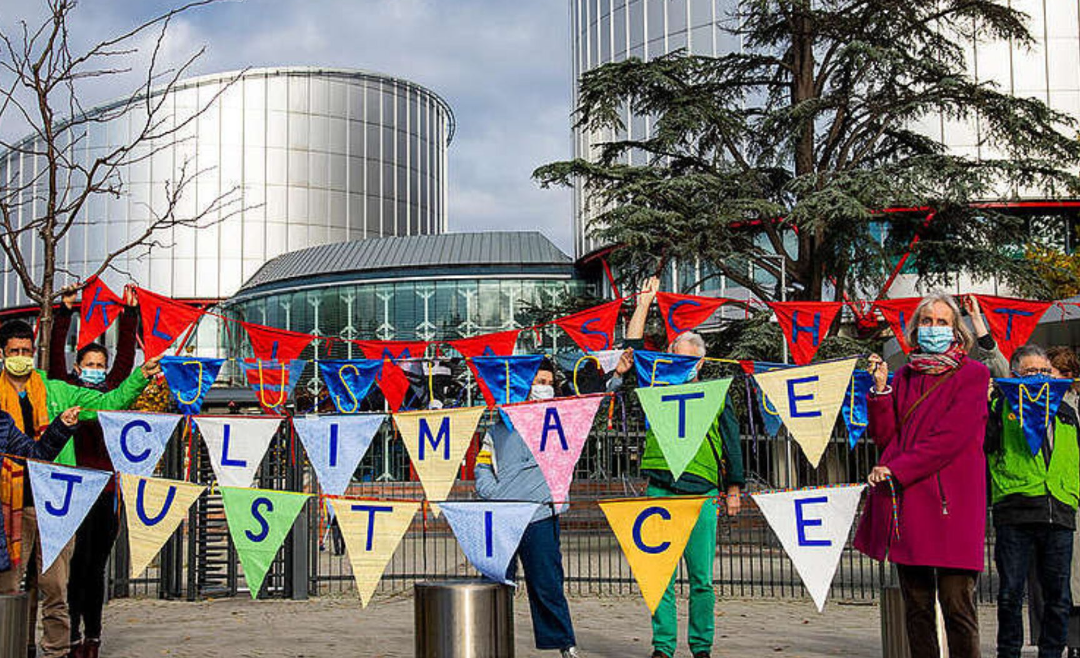
Switzerland: ICJ expresses concern over Parliament’s rejection of the European Court ruling
The ICJ is concerned by the declaratory and non-binding decision of the National Council, the Swiss Parliament’s lower chamber, on 12 June 2024, inviting the Federal Council, the Swiss Government, effectively to ignore the landmark ruling of the Grand Chamber of the European Court of Human Rights (ECtHR) in the case of Verein KlimaSeniorinnen Schweiz and Others v. Switzerland.
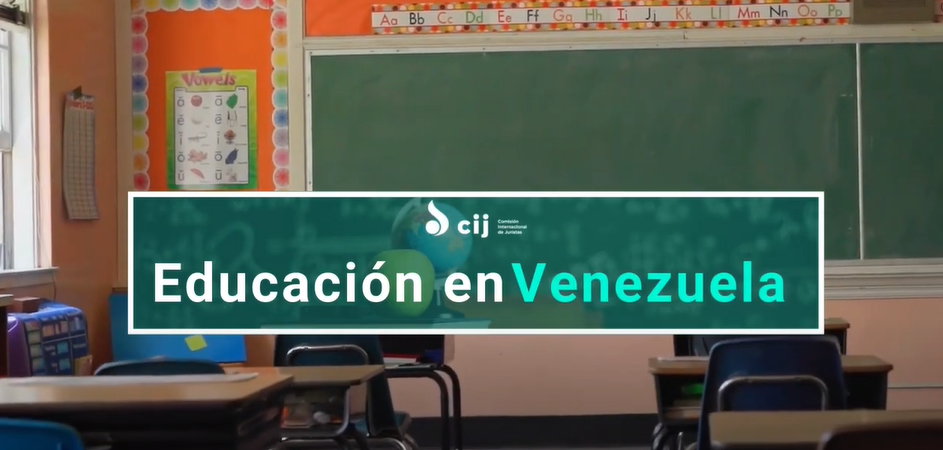
Venezuela: the collapse of public education
In a report released today on the right to education in Venezuela, the International Commission of Jurists (ICJ) called on Venezuela to take immediate measures to reverse the sharp deterioration of the public education system over the past decade. The report, Hidden...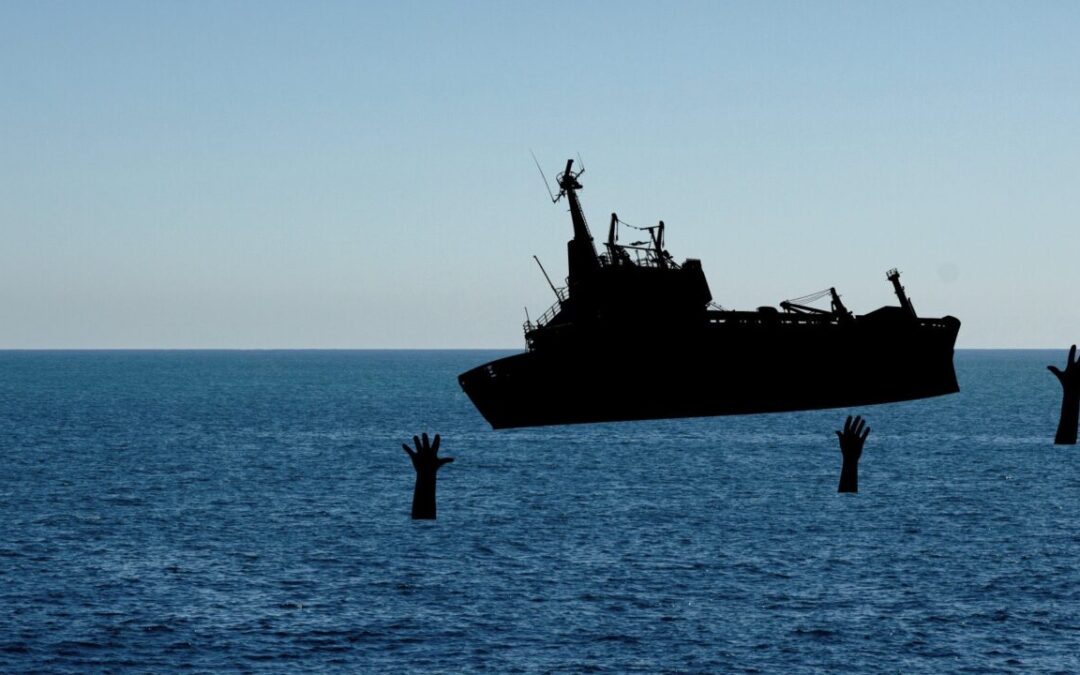
Greece: Defendants in the Pylos shipwreck trial must be released, charges must be dropped
With the trial of nine defendants accused of the Pylos shipwreck of 14 June 2023 scheduled to begin on 21 May, the International Commission of Jurists (ICJ) calls on the Greek prosecutorial authorities to drop the charges against the accused and to conduct an independent and effective investigation into the circumstances of the shipwreck.
